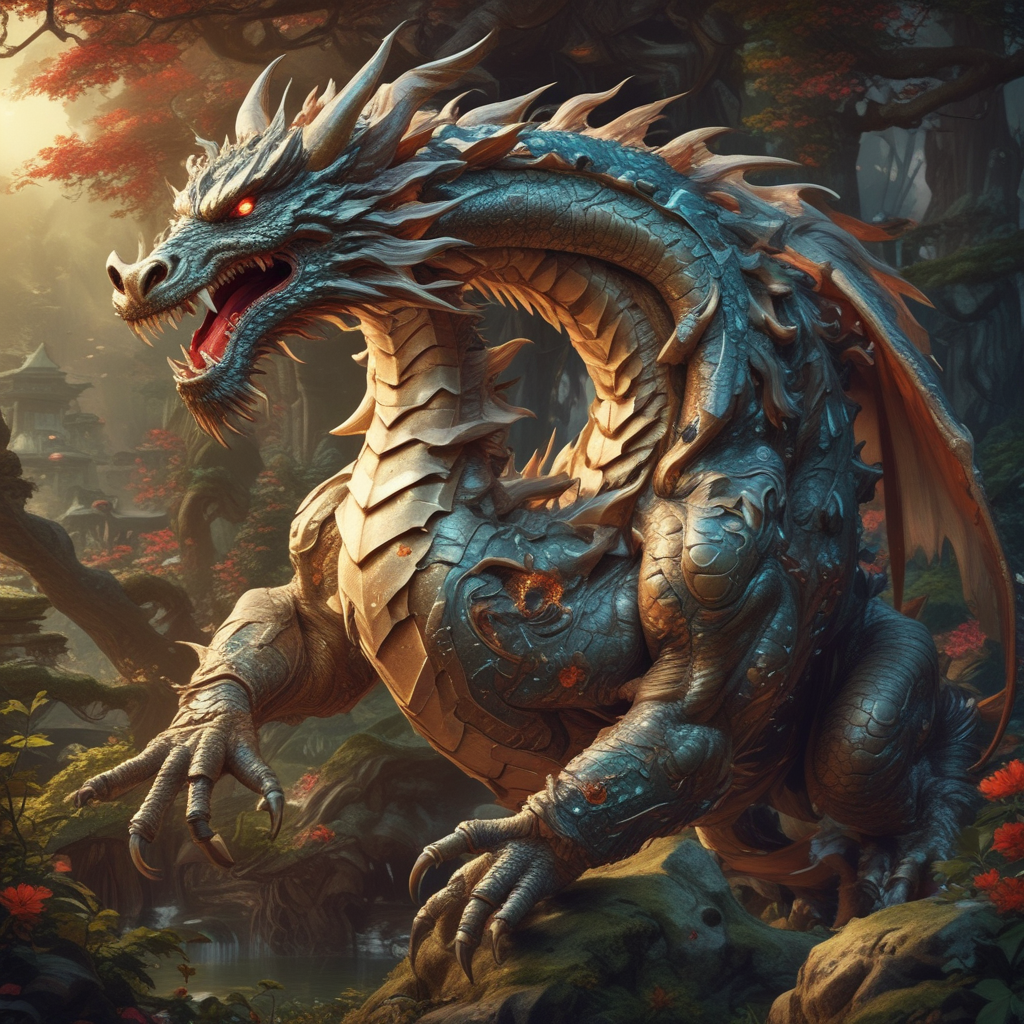The Mythical Creatures of Japanese Mythology: From Dragons to Kappas
Dragons: Majestic and Powerful Beings in Japanese Folklore
Dragons have long been revered in Japanese mythology for their symbolism of power, strength, and wisdom. These legendary creatures are often depicted as large, serpent-like beings with the ability to fly and breathe fire. In Japanese folklore, dragons are associated with bodies of water like lakes and oceans, and they are believed to bring rain for bountiful harvests. The most famous dragon in Japanese mythology is the Ryu, known for its benevolent nature and protective qualities. Dragons are considered divine creatures that serve as guardians of the land.
Kappas: Quirky and Mysterious Water Creatures of Japanese Legends
Kappas are another intriguing mythical creature in Japanese folklore known for their mischievous and sometimes malevolent behavior. These water-dwelling beings are said to inhabit rivers and ponds, with a distinctive scaly reptilian appearance and a dish-like depression on their heads that retains water, which gives them their strength. Kappas are known for their love of cucumber and sumo wrestling. Despite their antics, Kappas are said to possess knowledge of medicine and can be helpful if appeased properly.
Yokai: The Diverse Array of Supernatural Entities in Japanese Mythology
Yokai, meaning “bewitching apparition,” encompass a vast range of supernatural beings in Japanese folklore, beyond just dragons and kappas. These creatures can be spirits, demons, animals, or even objects with a spirit. Some well-known Yokai include Tengu, humanoid birds with extreme martial skills; Oni, ogre-like creatures known for their strength; and Kitsune, magical foxes with shape-shifting abilities. Yokai can either be malevolent, benevolent, or neutral, reflecting the complexities of Japanese mythology and storytelling.
Legends and Lessons: The Cultural Significance of Japanese Mythical Creatures
Japanese mythical creatures like dragons, kappas, and Yokai not only entertain with their fantastical characteristics but also serve a deeper cultural purpose. These legends often impart moral lessons and explore societal norms and beliefs through storytelling. By delving into the rich tapestry of Japanese mythology, one can uncover insights into Japan’s history, values, and the imagination of its people. The enduring presence of these mythical creatures in Japanese culture highlights the enduring fascination with the mystical and magical in everyday life.
FAQ: The Mythical Creatures of Japanese Mythology
What are some common mythical creatures in Japanese mythology?
Japanese mythology is rich with a variety of mythical creatures. Some well-known ones include dragons (Ryū), fox spirits (Kitsune), shape-shifting raccoon dogs (Tanuki), and water-dwelling creatures called Kappas.
What is the significance of dragons in Japanese mythology?
Dragons are revered in Japanese culture as symbols of power, strength, and good luck. In Japanese mythology, they are often associated with water, rain, and protection. Dragons are believed to bring blessings and wealth.
Who are the Kappas in Japanese folklore?
Kappas are mischievous water creatures in Japanese folklore. They are known for their webbed hands, beak-like mouths, and a hollow bowl-like depression on their heads filled with water. Kappas are said to play pranks on humans near rivers and ponds.
Do all mythical creatures in Japanese mythology have positive traits?
Not all mythical creatures in Japanese mythology have positive traits. Some, like the Tengu, are known for their trickster nature, while others like the Yurei (ghosts) are associated with haunting and vengeance. Each creature carries its own unique characteristics and stories in Japanese folklore.



